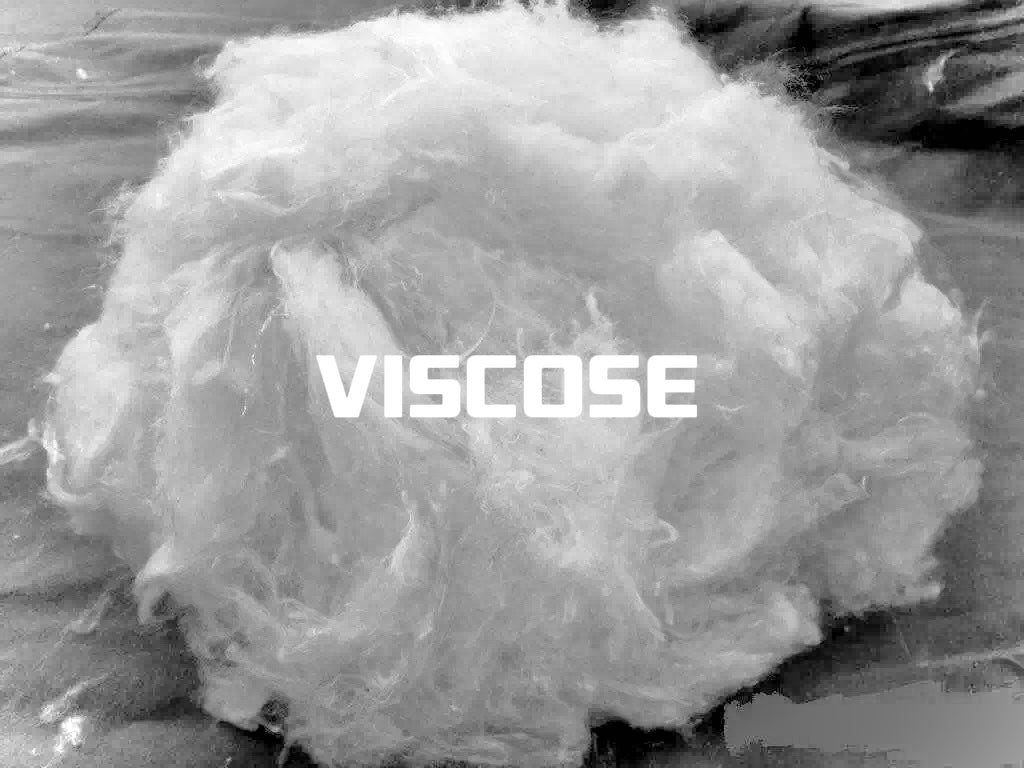
Not Sure About Viscose Fabric? Here's What to Know Before Buying
Viscose fabric—also known as rayon—has become a staple in many closets, praised for its silky feel and comfortable wear.
But what exactly is viscose, and should you be adding more of it to your wardrobe? Let’s break it down, so you know exactly what you’re getting next time you spot it on a clothing label.
What Exactly Is Viscose Fabric?
Viscose is a unique type of fabric made from natural plant materials, typically wood pulp or cotton linters.
To create viscose fibers, these raw materials go through an intricate chemical process that transforms cellulose into a smooth, silky fiber. Specifically, the fibers are alkalized, aged, and treated with special chemicals, producing a viscous solution that's spun into soft threads.
The result is a fabric that blends the breathability and moisture-wicking properties of natural fibers like cotton with the elegant drape and luxurious feel of silk.
Due to its versatile nature, viscose fabric is commonly used in dresses, blouses, underwear, sleepwear, and scarves—items that require comfort, style, and breathability.
Viscose stands out for its remarkable comfort against your skin. It’s naturally breathable, smooth, and absorbs moisture efficiently, keeping you cool and dry even on warmer days. It’s also excellent at resisting static electricity and holding vibrant colors, making it a popular choice for stylish clothing.
The Pros and Cons of Viscose Fabric
Like all fabrics, viscose has both advantages and drawbacks you’ll want to consider before buying.
The Pros:
· Breathability & Comfort: Viscose naturally absorbs moisture, offering breathability that synthetic fabrics rarely match. This makes it ideal for warmer climates or active wear.
· Silky & Smooth Feel: It has a luxurious, silk-like texture, giving garments a polished and elegant look.
· Excellent Dyeing Ability: Viscose retains color exceptionally well, ensuring your clothing stays vibrant wash after wash.
· Anti-static: Unlike polyester or nylon, viscose won’t cling uncomfortably to your body.
The Cons:
· Wrinkle-Prone: Viscose fabric is susceptible to wrinkling, and it doesn’t easily return to its original shape once wrinkled.
· Shrinkage & Durability Issues: When washed improperly or repeatedly, viscose garments may shrink, pill, or lose shape.
· Limited Elasticity: Viscose tends to have lower elasticity, making it less suitable for clothes that require stretch and flexibility.
To ensure longevity, viscose items typically require careful washing—preferably by hand or gentle cycle—and air drying to preserve their shape and quality.
How to Choose and Care for Viscose—And a Thoughtful Alternative
When shopping for viscose clothing, quality makes all the difference. High-quality viscose feels consistently silky and smooth, and with proper care, it can hold its shape longer. Gentle hand-washing or dry-cleaning, along with careful drying, helps maintain viscose’s original beauty.
Still, viscose isn’t perfect. Its tendency to wrinkle and shrink means you may spend extra time caring for it. That’s why we created the Topology T-shirt—to capture the softness and breathability people love about viscose, while avoiding its common frustrations.
Our carefully designed Topology T-shirt blends advanced fabric technology with meticulous construction. The result is a shirt that delivers viscose-like comfort—soft, breathable, and smooth—without the usual concerns of wrinkles and shrinkage.
If you’re looking for everyday comfort that lasts, the Topology T-shirt offers a thoughtful alternative that balances elegance with practicality.

